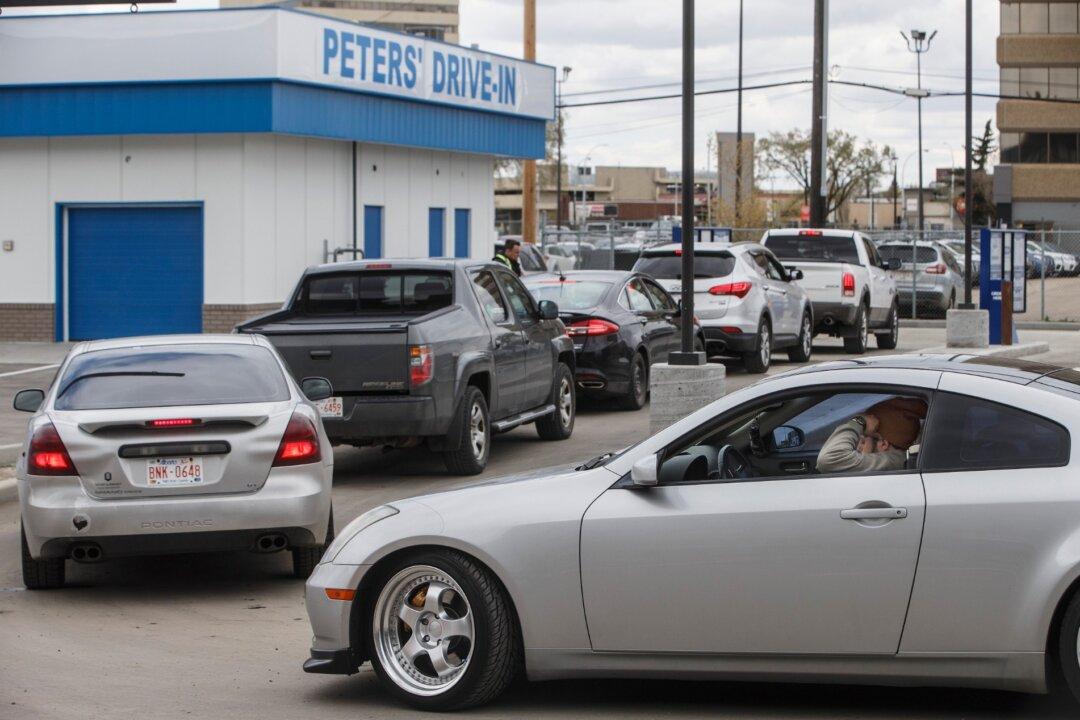Long lines of people waiting to get into big-box and grocery stores were an early phenomenon of the COVID-19 pandemic.
Another type of queue has emerged and it’s not for toilet paper.

Long lines of people waiting to get into big-box and grocery stores were an early phenomenon of the COVID-19 pandemic.
Another type of queue has emerged and it’s not for toilet paper.